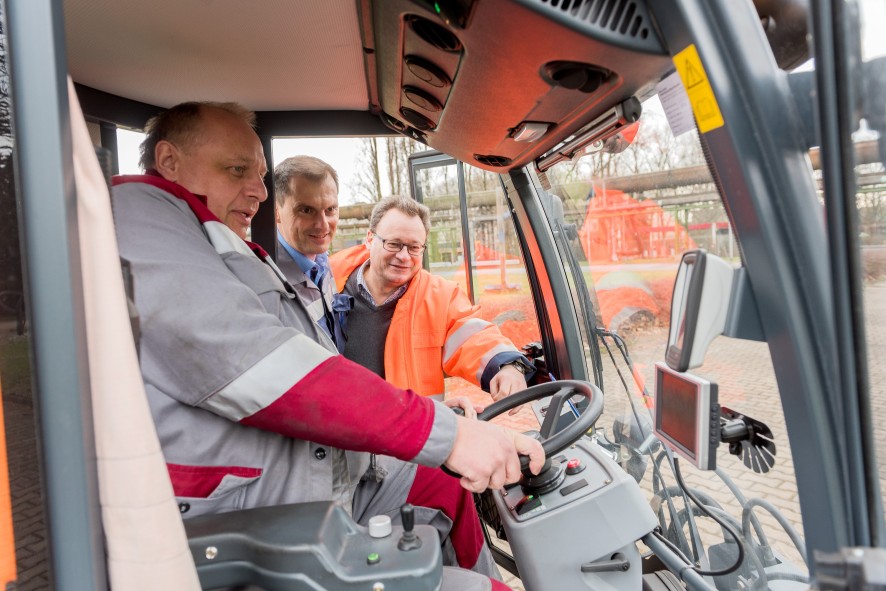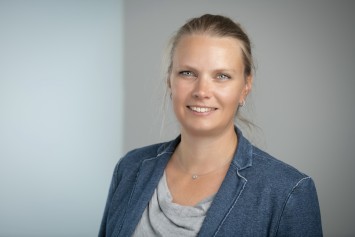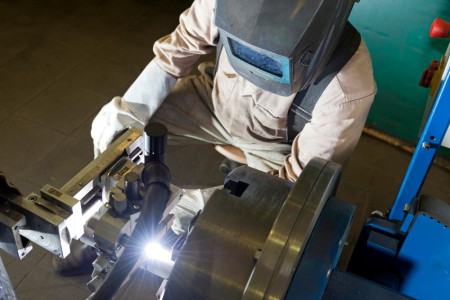Daily press, 2019-02-25, 11:00 am
“TErrA” project

Seeing changes in abilities as an opportunity: together with its partners, thyssenkrupp Steel is exploring new means of operational collaboration in the “TErrA” project
The same job from finishing your training through to retirement? If the physical strain becomes too much or the need for qualifications changes – the keyword here being digitisation – then our expectations of spending our entire working life in the job we chose often come to nothing. “But changes in one's abilities do not necessarily have to equate to a complete loss of ability,” explains Dr. Veit Echterhoff, head of thyssenkrupp Steel’s Human Resources Center. “If an employee is no longer able to perform the work he previously did, for health reasons for example, that does not automatically mean that he is no longer able to work or that his skills are lost.”
Pre-empting as the key to successful change
The keyword is a change in abilities. How companies can successfully master these challenges was the topic of the research project “TErrA – Tätigkeitswechsel zum Erhalt der Arbeitsfähigkeit in regionalen Netzwerken” (Changing jobs in order to retain the ability to work in regional networks), the results of which are now being presented in Dortmund. thyssenkrupp Steel took part in the project and fed its experiences into it: components such as health measures, inclusion projects and programmes for professional development are already intended to provide employees with pre-emptive support. “For this reason, we encourage our employees to inform us of any problems in good time,” explains Veit Echterhoff. If there is reason to think that a person will no longer be able to continue in his present position, then the company and the employee have to work together to find an alternative. For this, thyssenkrupp Steel has established a broad network of internal and external experts in its in-house Inclusion department who can address each case individually. Demography manager Dr. Carolin Eitner adds, “The staff member, HR, workers’ representation and management work together to find a good solution in order to devise a positive career path. In this way, employees find an appropriate new position and the company retains expertise and manpower.”
Cooperation not competition: a cross-company network creates new opportunities
However, for small and medium-sized enterprises with a limited number of jobs, their size alone can make it difficult to re-deploy staff in new positions internally. This is where TErrA comes in: funded by the German Federal Ministry for Education and Research, experts from science, politics and business have spent the last three years working together under the leadership of the federal association of German vocational training centres (Bundesverbandes Deutscher Berufsförderungswerke) exploring the possibility of a cross-company move through collaboration between companies of different sizes.
As partners in the project, thyssenkrupp Steel and Entsorgung Dortmund EDG GmbH shared the knowledge they had gained through practical experience. At the heart of TErrA is a comprehensive consultancy process for companies and employees with a focus on jobs with a limited lifespan. A pre-emptive change of job outside of your own company would offer significant opportunities, especially for small and medium-sized enterprises, was the unanimous finding. Catharina Schlaffke, Head of Inclusion and Occupational Rehabilitation at thyssenkrupp Steel said, “We already have a good internal set-up. But the exchange within the network offers an interesting approach which is worth pursuing: TErrA is a whole new way of thinking involving enormous social and structural innovations. This idea has immense potential for the future, especially for SMEs.”
What is it about TErrA that makes it so forward-thinking? “The focus on a pre-emptive career path is a forward-thinking approach. Nobody gets left behind, neither the employees who are no longer able to do their former jobs nor the companies and business who retain expertise and manpower,” agree Catharina Schlaffke and Veit Echterhoff. And so, as was stressed at the closing event in Dortmund, work must be done on creating the framework conditions that enable a cross-company transfer to take place. A conclusion that will also be taken forward to the up-coming closing event in Berlin in March.





